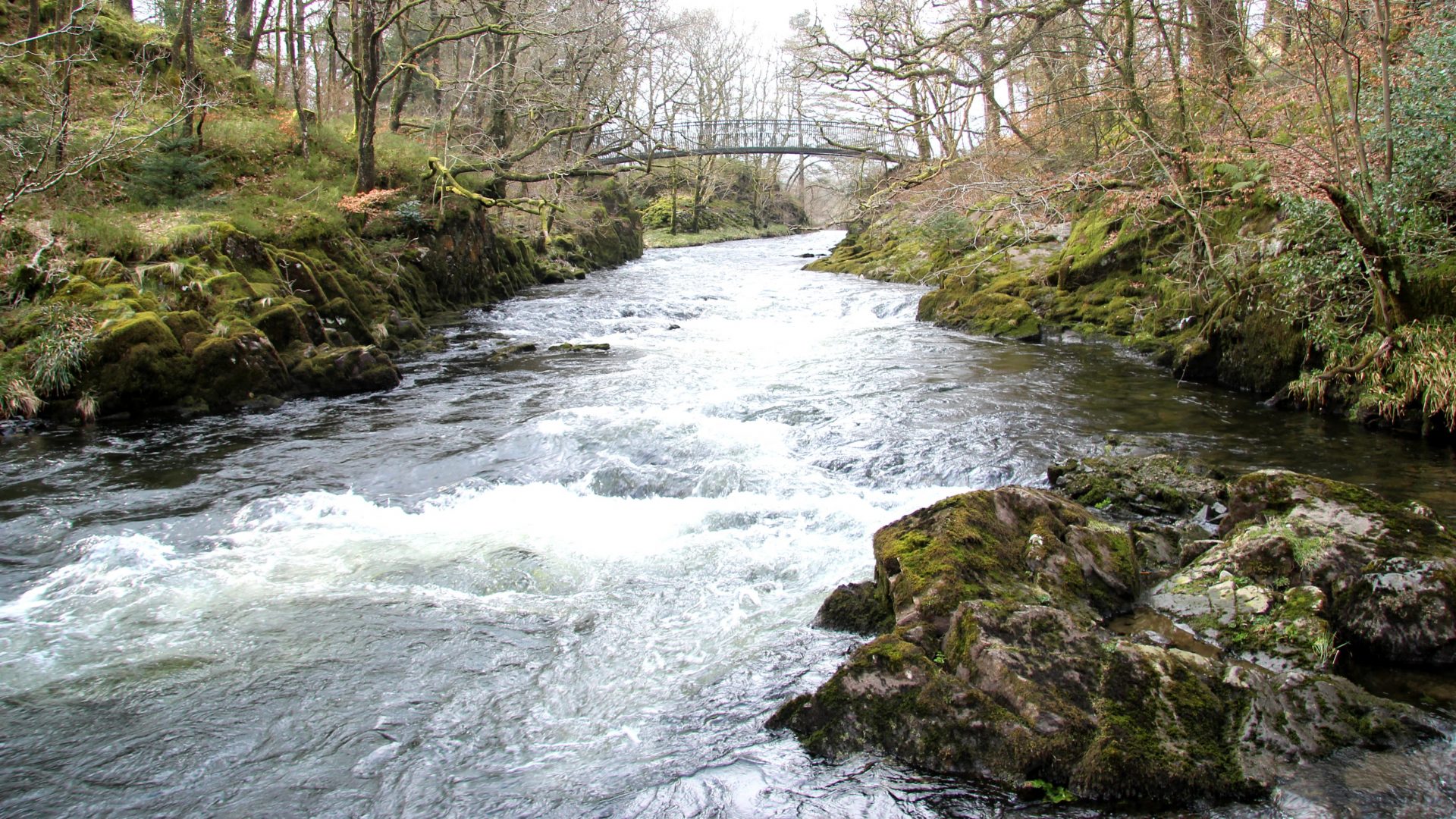Meteor Communications, the manufacturer of remote environmental monitoring systems, has been awarded a framework contract by the Coal Authority to supply a range of hydrometric services, dataloggers and sensors to enable the continuous monitoring of mine water.
Meteor Communications successfully bid for Lot 3 of the Hydrometry Framework, which is comprised of 7 lots and will run for four years with an estimated total budget of £400,000.
“Meteor are delighted to have been selected by the Coal Authority for this framework contract,” explains Meteor’s MD Matt Dibbs. “Our systems and services are utilised across the UK by the Environment Agency, Water Utilities and Consultants and it’s great to be able to bring our expertise to the Coal Authority.”



